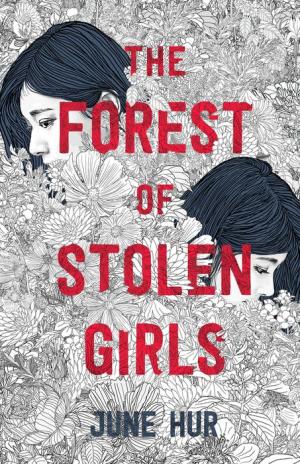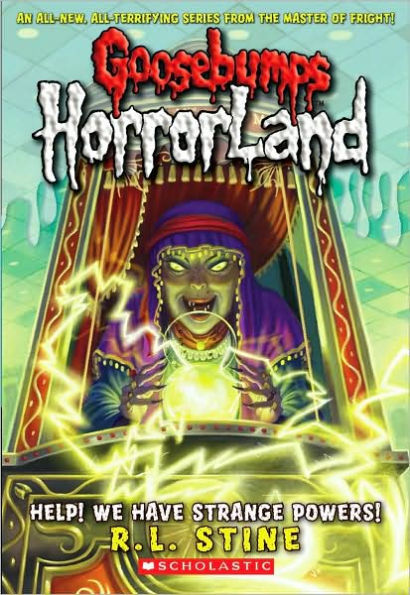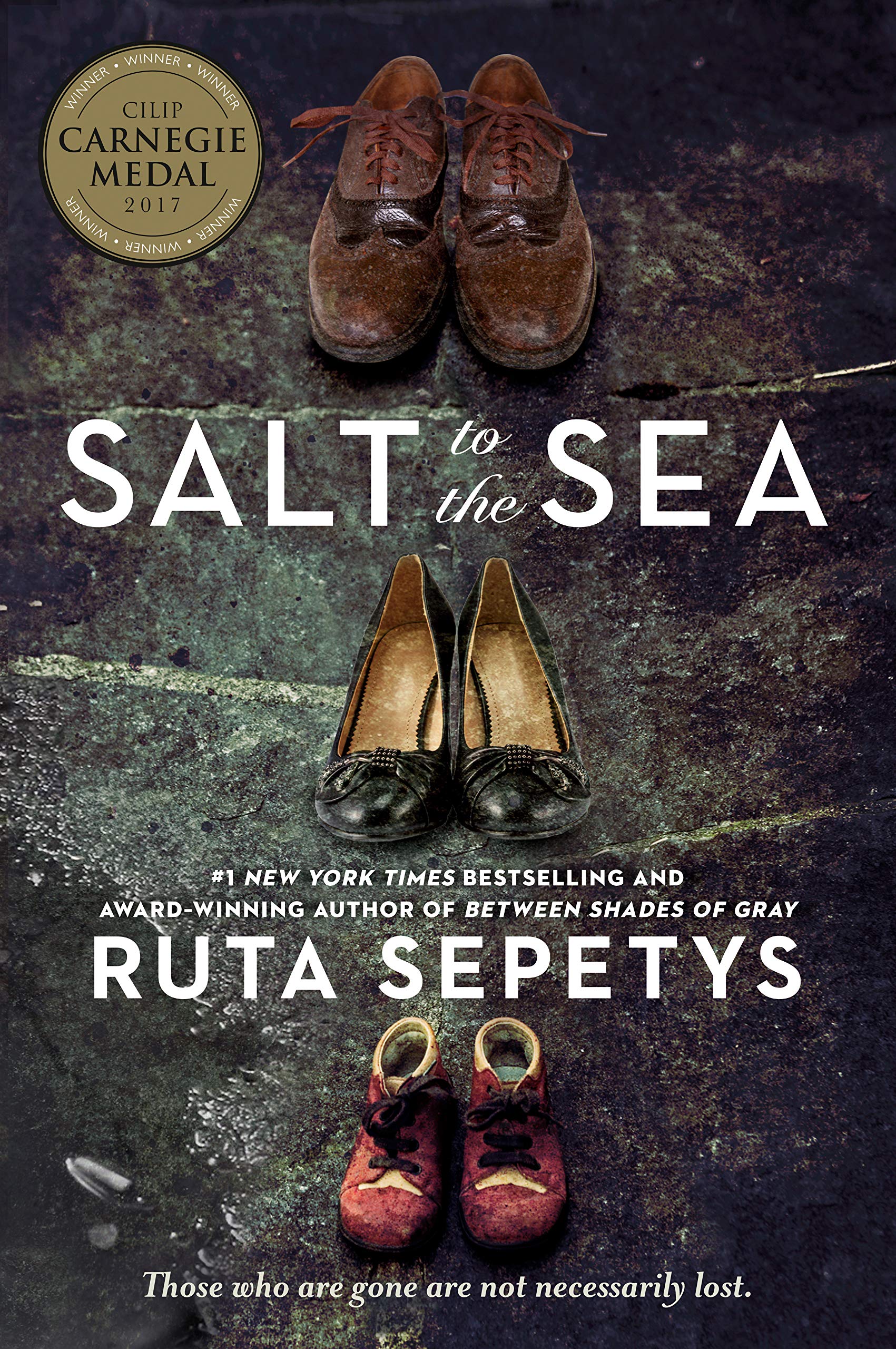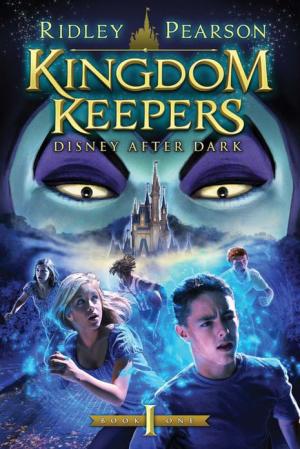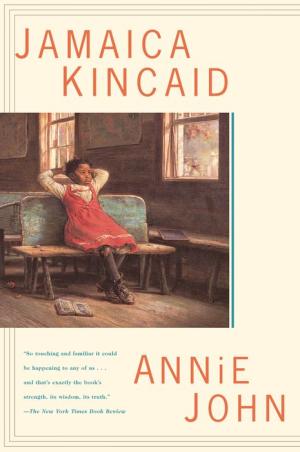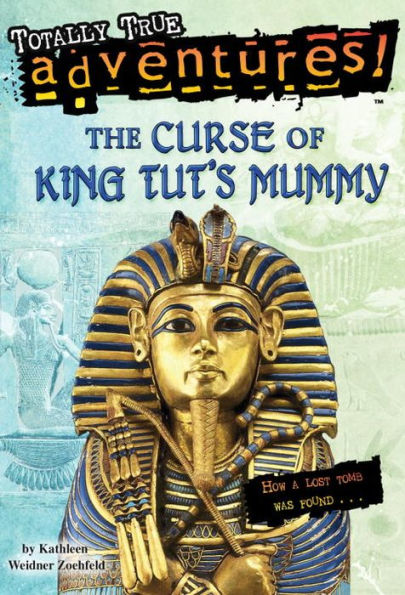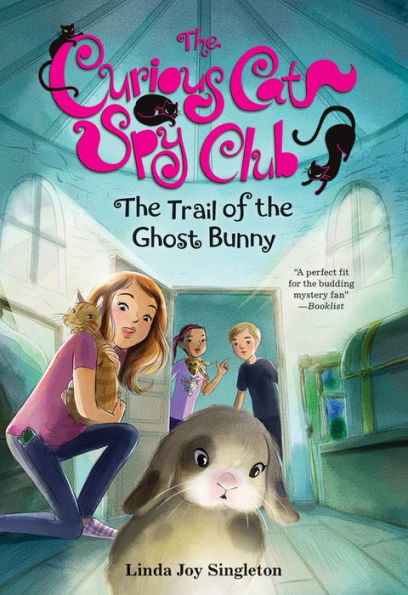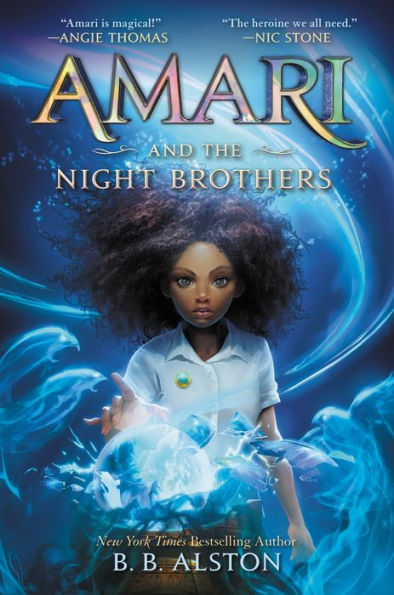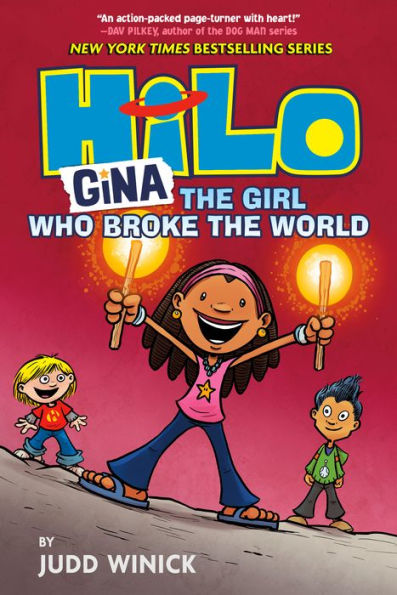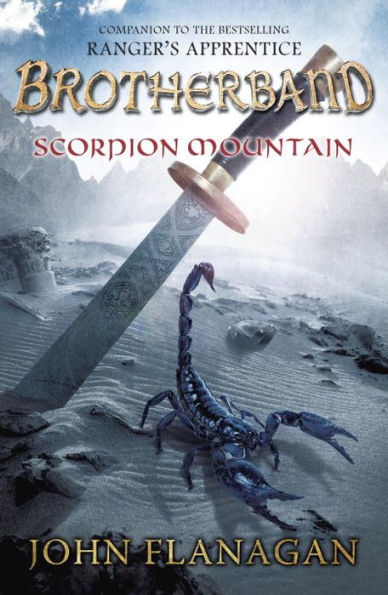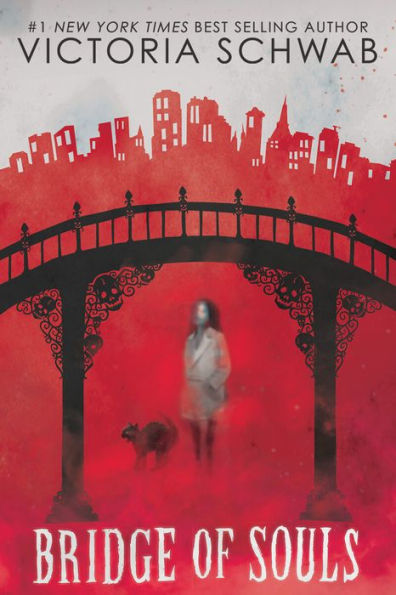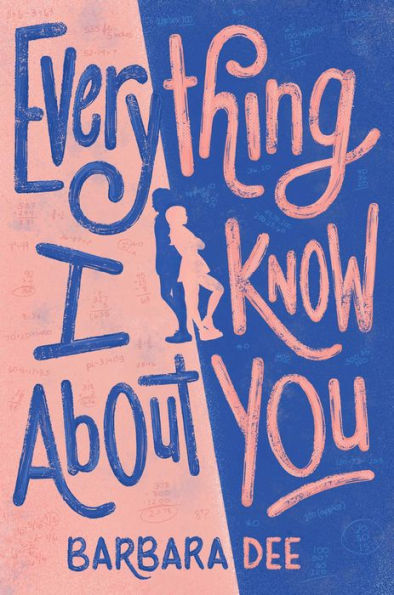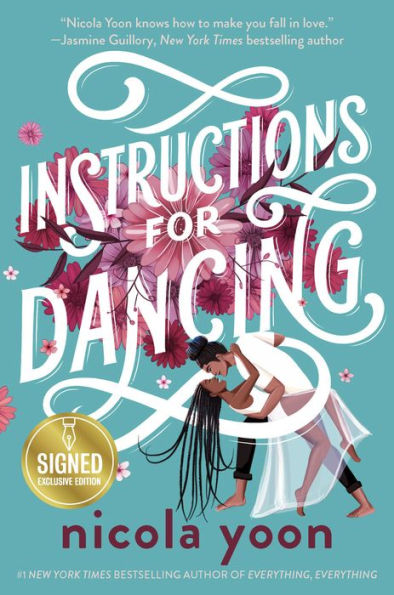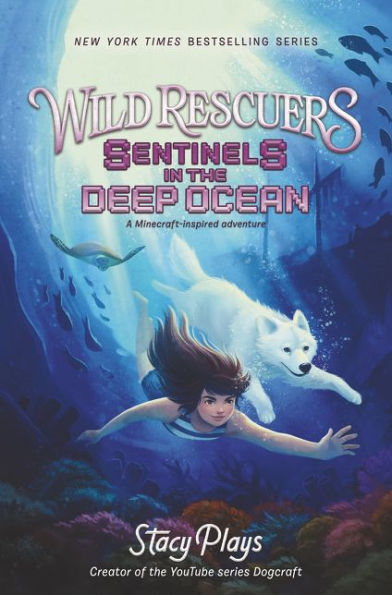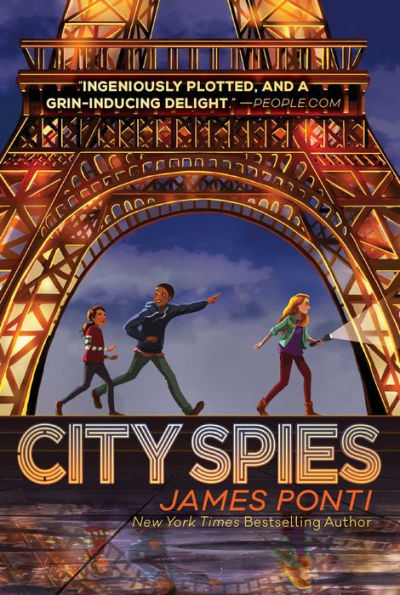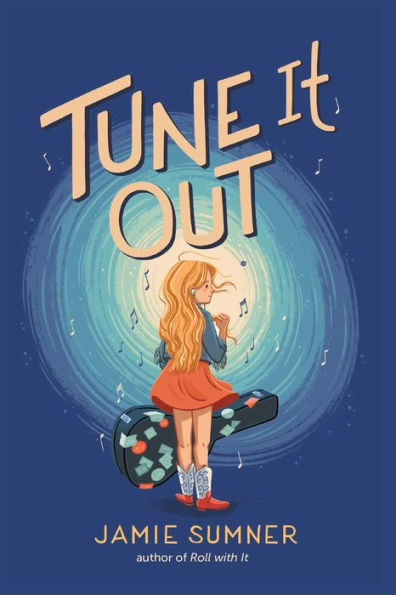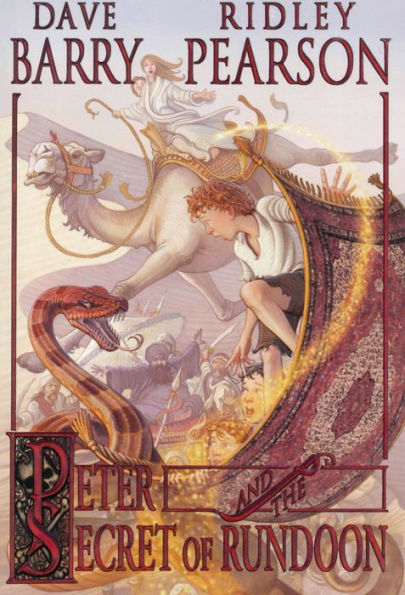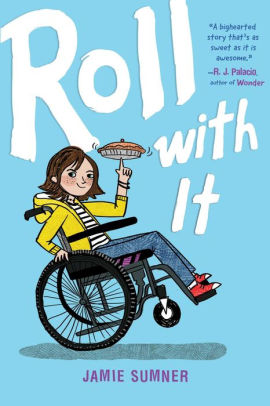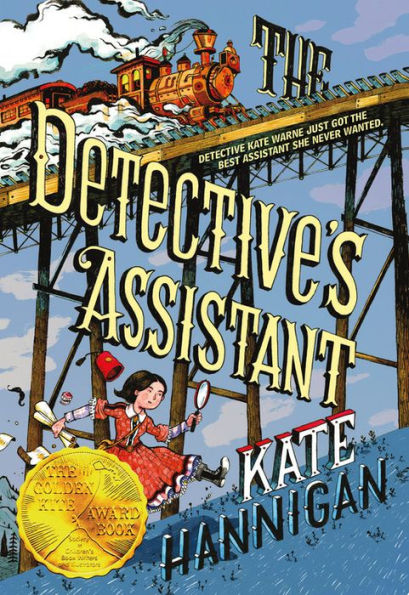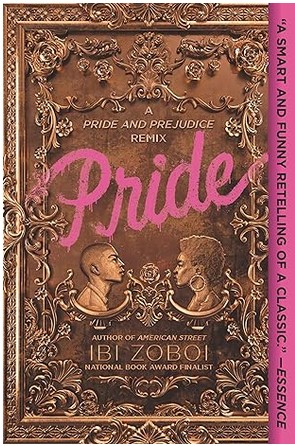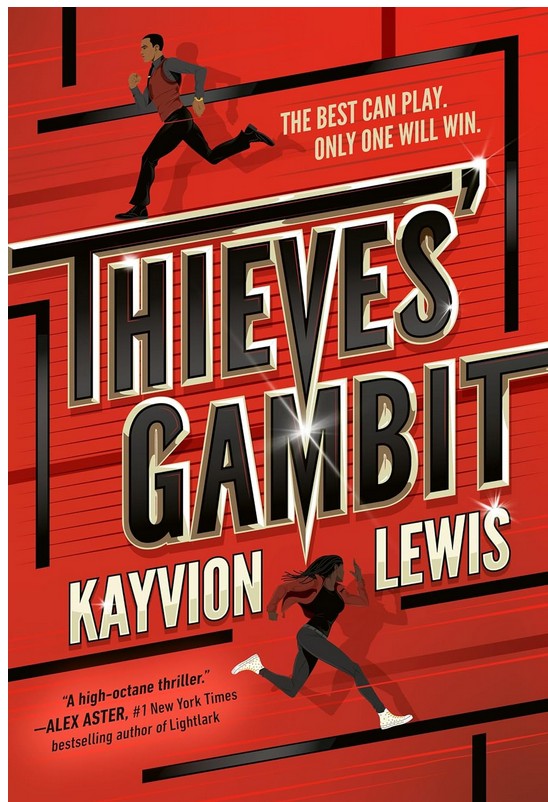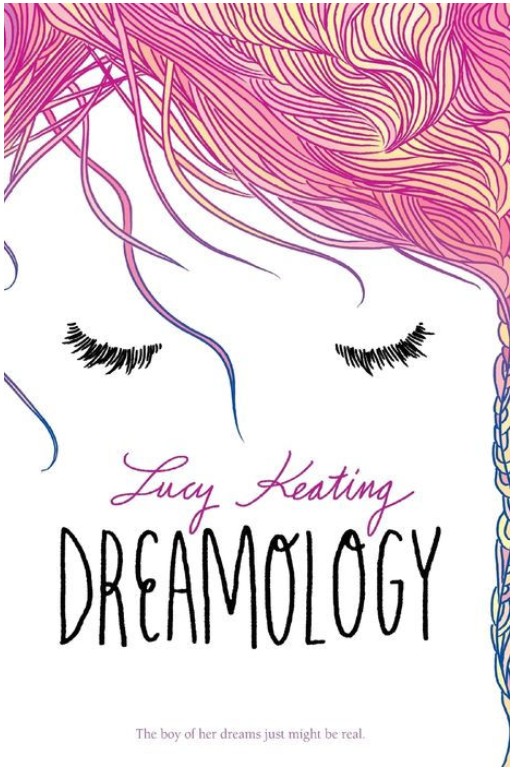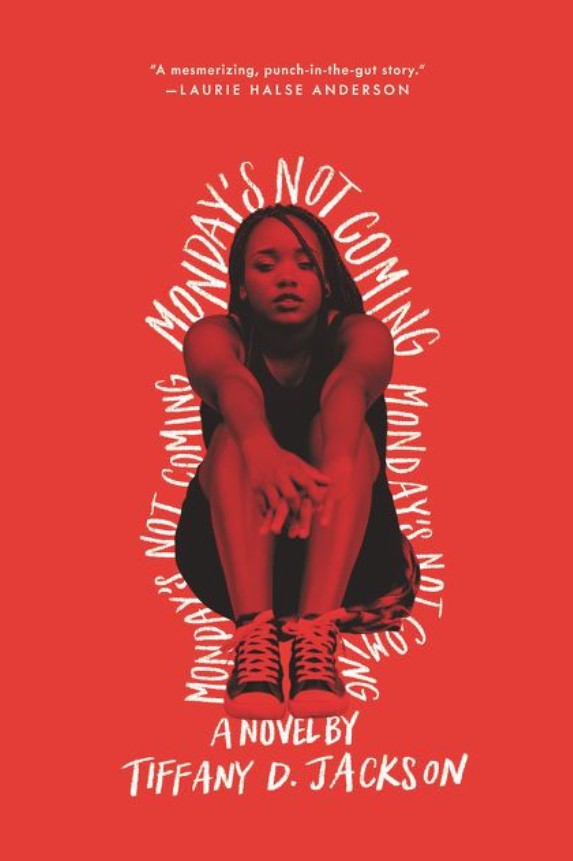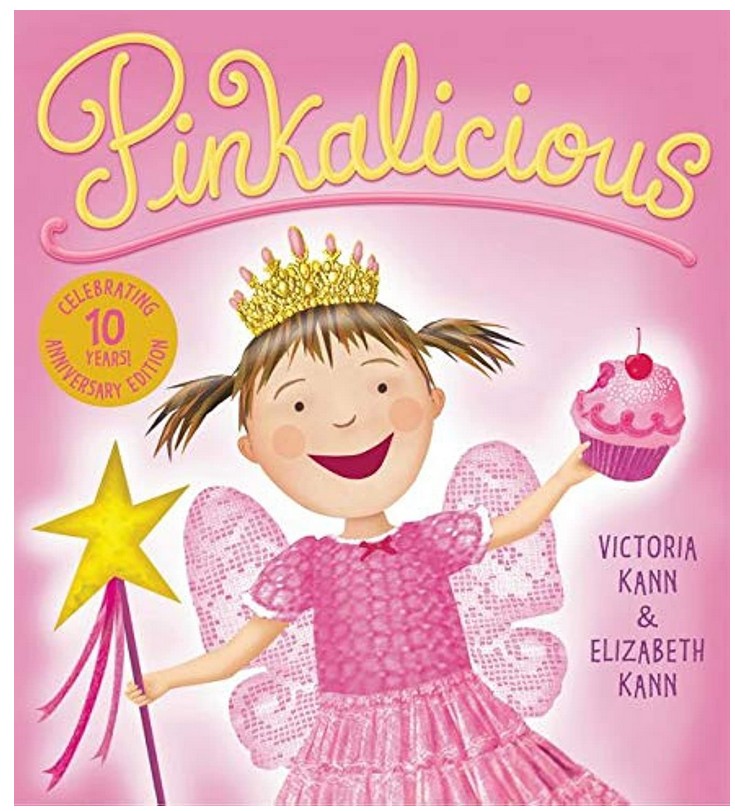1426, Joseon (Korea). Hwani’s family has never been the same since she and her younger sister Maewol went missing and were later found unconscious in the forest near a gruesome crime scene.
After five years, Hwani reunites with Maewol on Jeju island. Hwani has crossed the sea to find her father, Detective Jeewoo Min, after he has disappeared while investigating the disappearance of thirteen other girls. She is the older sister whose life plans—to get married and bear children—have come to a halt.
Maewol was called to be a shaman and train under Shaman Nokyung. Unlike Hwani, Maewol despises their father and does not wish for him to be found. When the body of one of the girls is discovered, Maewol and Hwani get sucked into the mystery of the disappearance of the young girls. The sisters realize there’s a possible correlation between the disappearances and their own Forest Incident, an event that left Hwani and Maewol completely changed. As Hwani and Maewol investigate further into the disappearances of the missing girls, they encounter a formidable enemy, the Mask, and the sisters learn that evil comes in different forms.
The entire story of The Forest of Stolen Girls is told in a prose narrative style, in the first person point of view. The story follows Hwani and her turbulent investigation into her father’s disappearance and, into the disappearance of thirteen young girls between the ages of eleven and eighteen. As the reader follows Hwani’s investigation, they will feel what Hwani feels and suspect who Hwani suspects.
The story displays a realistic sisterly relationship. The two sisters they, but are also kind to one another. A majority of the story is spent on the obstacles Hwani and Maewol face as sisters. Hwani is more logical and calculated while Maewol is impulsive and acts upon instinct. Maewol despises her father while Hwani idolizes him; this creates the central conflict. Hwani discovers her father is not as good as he seems and learns to be there for Maewol. Maewol, in turn, learns to forgive her sister even when Hwani has wronged her. At the end of the story, their sisterly bond is what saves Maewol and Hwani.
The Forest of Stolen Girls deals with the brutal history of China’s imperialism over the Korean peninsula. The core of the story relies on the historical fact that in Joseon, Korea, over 2,000 girls were kidnapped from their homes and sent to China as “tribute girls.” The story deals with this intergenerational trauma gracefully and brings to light atrocities committed by both Chinese and Joseon officials alike. The taking of tribute girls results in characters committing heinous actions for the sake of their own daughters. In order to prevent Gahee from being taken as a tribute girl, her father sliced up her face. Though her father did it to protect her, this actions permanently disfigured her and made her an outcast among her own people.
The Forest of Stolen Girls shows class strife and how it correlates with the missing girls. Rich officials of the Joseon government use bribes to keep their daughters from becoming tribute girls. But because the officials need new girls to take the place of their spared daughters, they kidnap girls from poverty.
The story shows the desperation of the poor, such as Convict Baek aiding in the kidnapping of girls in order to feed his daughter. The Forest of Stolen Girls shows readers that no one is truly bad and no one is truly good. It is the system in place that pressures people into continuing this cycle of grief and trauma.
The Forest of Stolen Girls is a beautiful novel that centers around a story of Asian women and the trauma they’ve endured for centuries. The mystery is beautifully woven, with every event, fight and conversation is meant to either aid the investigation, provide a red flag, or add to the characters’ stakes in the mystery. The twist is pulled off excellently and shows realistic motives that reveal the monster in people. The Forest of Stolen Girls is for readers who like murder mysteries, historical fiction, or would like to learn more about East Asian history.
Sexual Content
- None
Violence
- After discovering the body of one of the missing girls, Hwani asks the victim’s older sister, Iseul, some questions. Iseul implies that Hyunok was not raped while captured. Iseul says, “The midwife is my aunt. We knew Magistrate Hong would have her buried without an examination; he is like that. We examined Hyunok, and my aunt concluded that my sister hadn’t been harmed in…that”
- While exploring the forest, Hwani is chased by a man in a white. “The blade flashed as he swung the sword, and I squeezed my eyes, waiting for the slash of pain.” Maewol saves her.
- While treating her wounds, Hwani recounts how her aunt used to beat her with a stick, thus leaving thin scars on her legs. Her aunt uses corporal punishment as a form of discipline. Her wounds “stung, yet the pain was a mere inch compared to Aunt Min’s beatings. When she was upset, she would wait for Father to leave before striking my calves with a thin stick, and the humiliation of it had made the cuts all the more excruciating.”
- Maewol tells Hwani that one of their possible suspects, Convict Baek, “ sliced up his daughter’s face when she was only twelve, and no one knows why.”
- Hwani confronts Convict Baek. Convict Baek shoves Hwani, causing her to fall and hit her head against a low-legged table, hard enough to draw blood. “He took another step and with his large hand he shoved at my shoulder with such strength that I went toppling. My head hit the corner of the low-legged table, my hair coming undone and falling over my face.”
- After Hwani finds her father, Inspector Yu tells her his cause of death was not poison. “He was stabbed.”
- Seohyun wants to kill the person who forced her to become a tribute girl. “There was murder in my daughter’s eyes. She told me in riddles what had happened. She and many other girls had been given to Emperor Xuande for her imperial harem. She also told me she was going to kill the person responsible, that she’d found out who it was but she wouldn’t give me a name.”
- Hwani fights Village Elder Moon in a cave where he was keeping all of the stolen girls. The scene lasts for about three pages. “With all my strength, I continued to cling to the village elder’s robe as we thrashed in a blackness that seemed to leak through my eyes, surging fear into my soul. The village elder’s hands, too, turned desperate. Fingers grappling for anything, grabbing strands of my hair, wrapping tight around my throat as I struggled to hold on. My limbs felt numb and frozen, about to shatter as the cold deepened.”
- Convict Baek and Village Elder Moon are sentenced to be executed. “Weeks later, when the verdict was made in accordance to the Great Ming Code, Village Elder Moon accepted his fate with a stare as blank as that of the dead. He was to be decapitated for having committed murder. Convict Baek, his accomplice, was to be punished by strangulation.”
Drugs and Alcohol
- There are multiple mentions of poison, as well as incidents of poisoning. Poisoning was a common method of execution in Joseon, Korea.
- Hwani gets poisoned twice, once with a poison called kyeong-po buja that Hwani ingested herself, and the second time with arsenic from Village Elder Moon.
- Hwani’s father is revealed to have been poisoned with arsenic as well. The poison did not kill him.
- Village Elder Moon’s daughter, Chaewon, commits suicide by poisoning herself because she cannot live with her father’s actions.
- Hwani pours a bowl full of rice wine onto her father’s grave.
Language
- None
Supernatural
- None
Spiritual
- There are multiple mentions of spirits and the spirit world. For instance, Maewol describes what she sees when Hwani asks her if she can really communicate with the spirits from the spirit world. “I can’t hear what they say…I can’t really see or hear anything clearly. It’s like seeing shadows through the fog. A very thick ”
- Maewol is a shaman, someone who communicates with the spirits.
- Hwani and Maewol say “gods” rather than God because their religion is polytheistic.
- There’s a brief mention of witchcraft when the body of Detective Min was discovered in a pristine condition. Village Elder Moon said, “No corpse could be in such a condition, not with the humidity of Jeju. It has to be witchcraft.”
by Emma Hua
